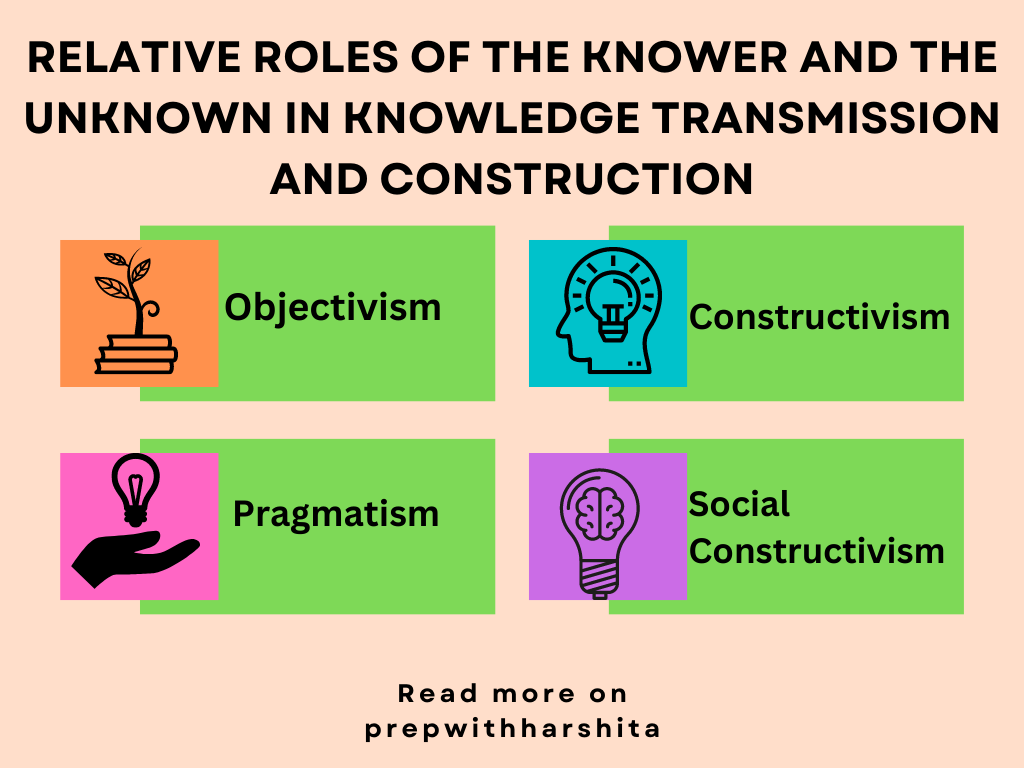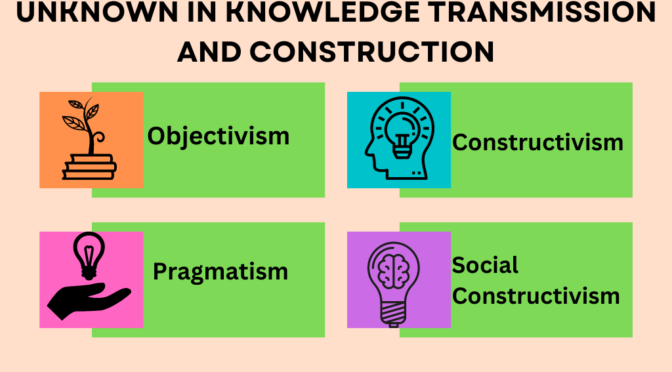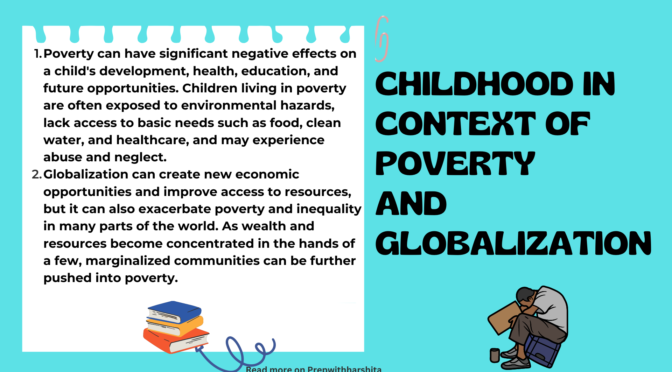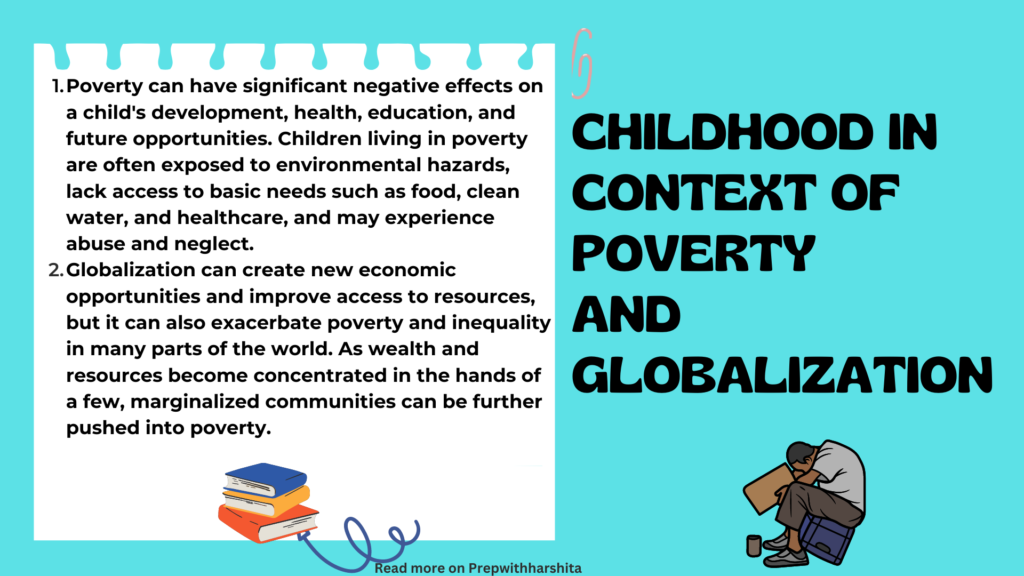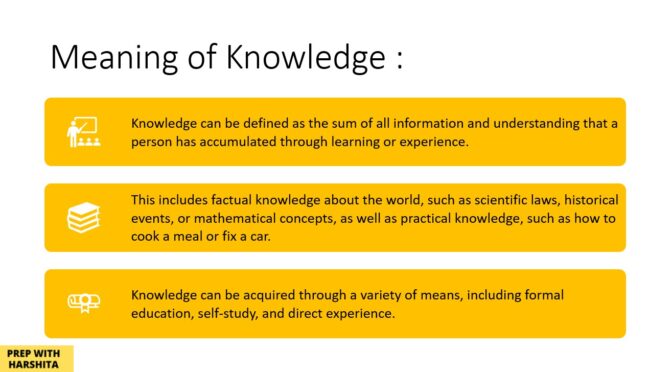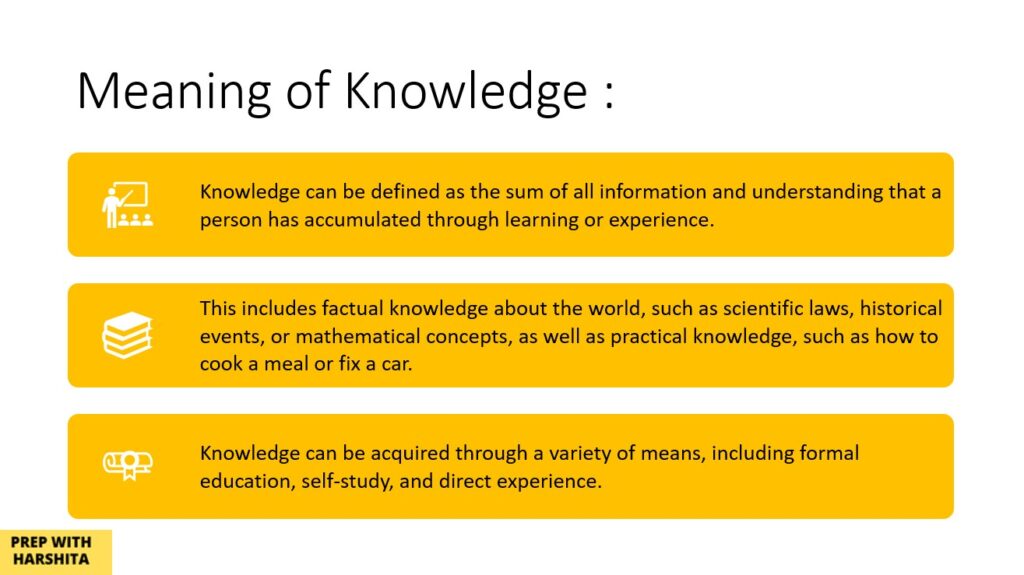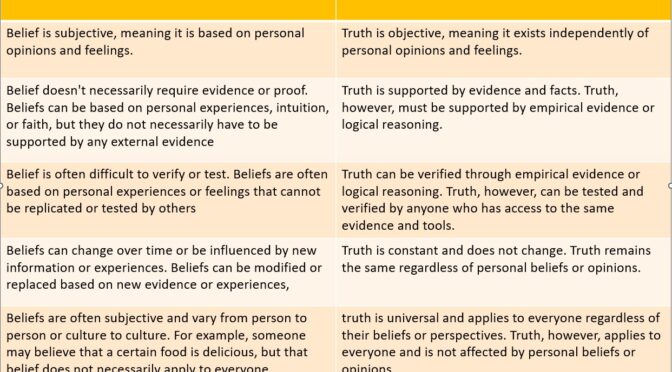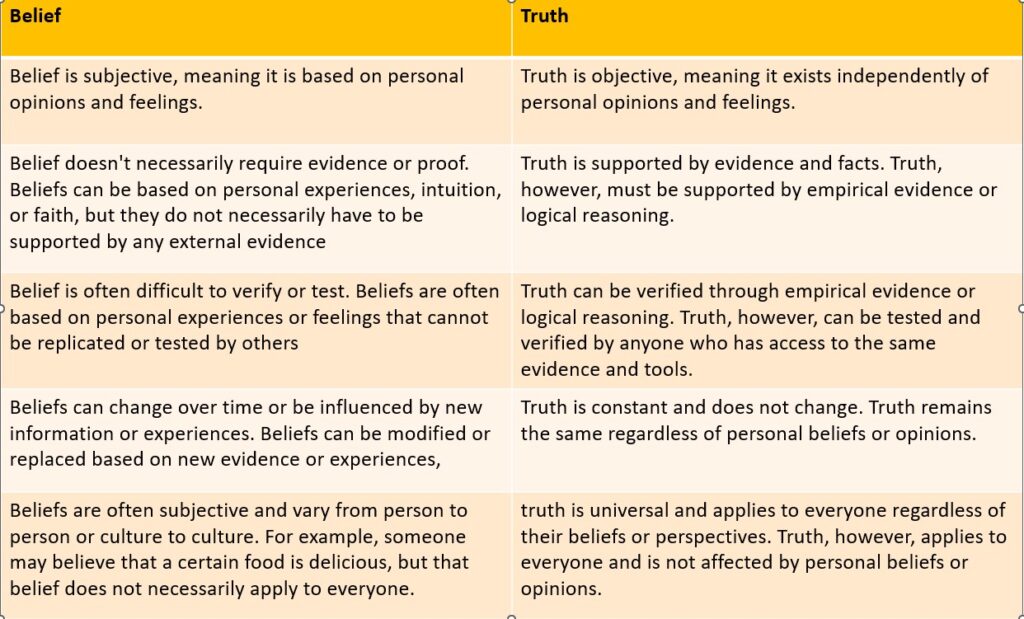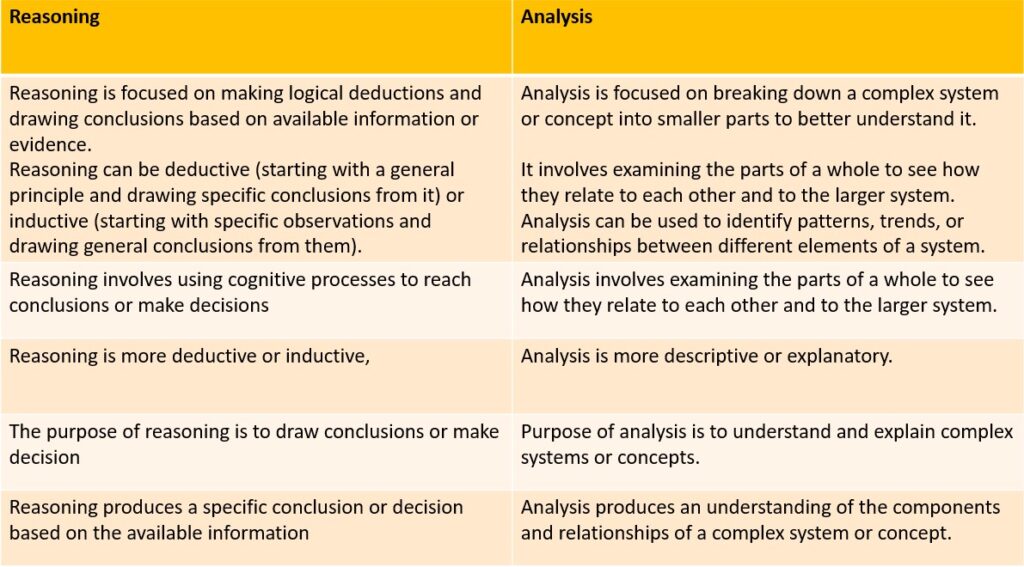In the context of knowledge transmission and construction, the “knower” refers to the individual or group who is seeking to acquire knowledge, while the “known” refers to the object of that knowledge.
The known can refer to any object or phenomenon that the knower is seeking to understand or learn about. It can be a scientific principle, a historical event, a cultural tradition, or any other aspect of the world around us.
The relationship between the knower and the known is a fundamental aspect of the process of knowledge acquisition. The knower relies on their own cognitive abilities and external sources of information to build an understanding of the known. This can involve a wide range of cognitive processes, including observation, inference, deduction, induction, and critical thinking.
Different frameworks place varying degrees of emphasis on the role of the knower and the known in the process of knowledge acquisition. For example, subjectivism emphasizes the importance of the knower’s subjective experiences and perspectives in shaping their understanding of the known. Objectivism emphasizes the objective, external nature of knowledge that exists independently of the knower.
Here are some key features of the relative roles of the knower and the known in knowledge transmission and construction:
- Objectivism: In this framework, knowledge is viewed as objective, external, and independent of the knower. The knower’s role is to observe and gather information about the known, and to represent that information accurately. The known is seen as fixed and unchanging, and the knower’s task is to discover and describe it.
- Constructivism: In this framework, knowledge is viewed as subjective, internal, and constructed by the knower. The knower’s role is to actively construct knowledge based on their experiences, beliefs, and interactions with the world. The known is seen as fluid and constantly being constructed and reconstructed by the knower.
- Pragmatism: In this framework, knowledge is viewed as a result of the interaction between the knower and the known. The knower’s role is to bring their experiences and perspectives to the construction of knowledge, but this knowledge is tested and validated by the known through practical application. The known is seen as both objective and subjective, and the knower’s task is to negotiate the interplay between the two.
- Social constructivism: This framework emphasizes the role of social interaction and culture in the construction of knowledge. Knowledge is viewed as being constructed through social interaction, language, and cultural practices, not just individual cognition. The knower’s role is to participate in these social interactions. They also negotiate meaning with others in order to construct knowledge.
In summary, the relative roles of the knower and the known in knowledge transmission and construction depend on the framework one subscribes to. Each framework has its own unique features and characteristics.
Also Read: Meaning of Knowledge and Knowing
